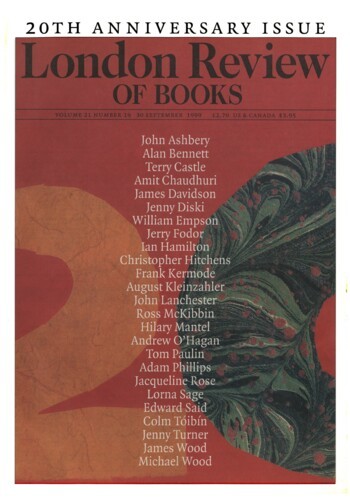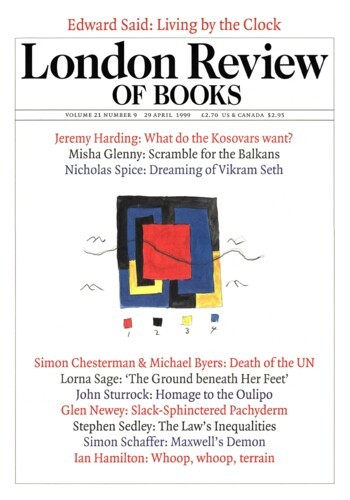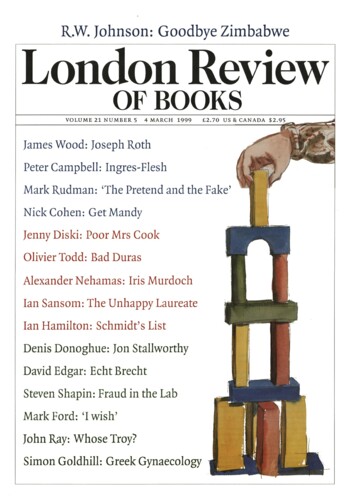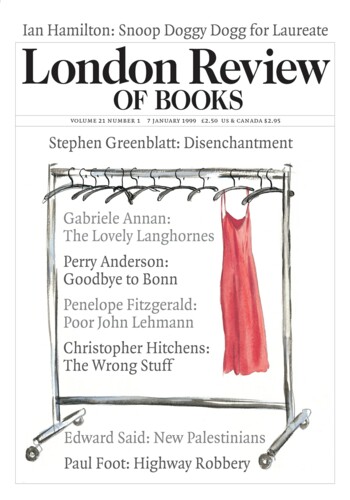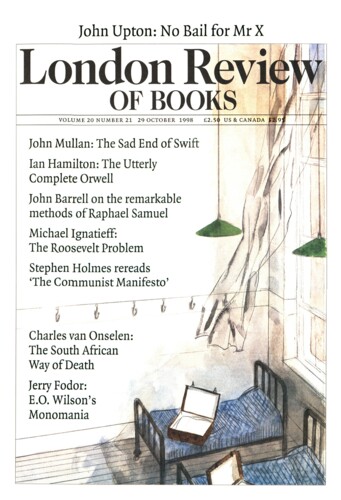A couple of peep-holes in the pillowcase and off we go a-lynching: The Ku Klux Klan
Ian Hamilton, 30 September 1999
For quite a few of us, I’d guess, the name Ku Klux Klan suggests a rather creepy style of nightwear. When, as a boy, I first saw pictures of those Deep South nocturnalists in their crazy all-white strip, I had the notion that they had just sprung from their Alabaman slumbers, roused maybe by a sudden seizure of race-hatred, and had simply grabbed the nearest uniform that came to hand. A couple of peep-holes in the pillowcase and off we go a-lynching, so to speak. For a Northern English kid whose Beano routinely dressed its ghosts in bedsheets, these gangs of white-garbed spooks on horseback fitted easily into one’s line-up of night terrors. At the same time, though, they were nothing like as spooky as my Beano visitants. After all, I wasn’t black. Well, not black-skinned.
